Search for event
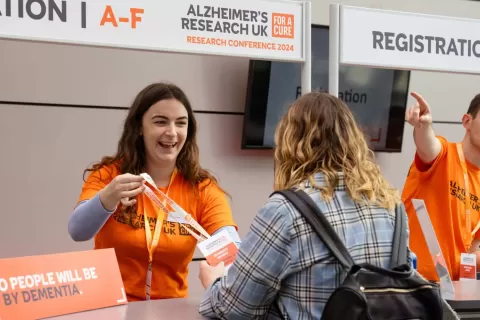
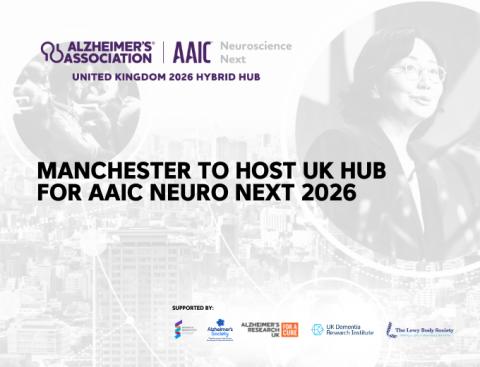
Past Events

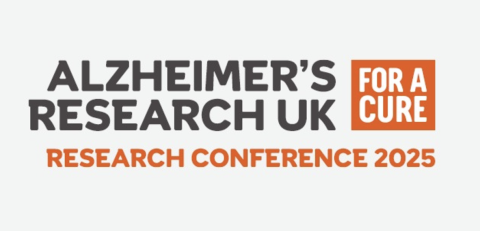
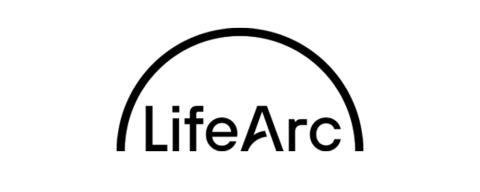
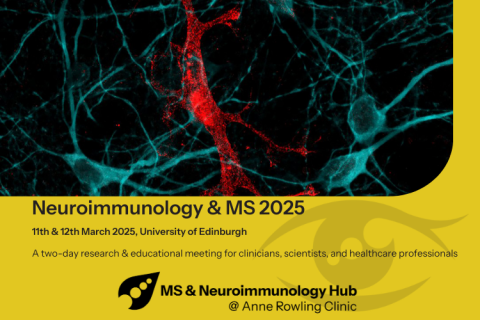
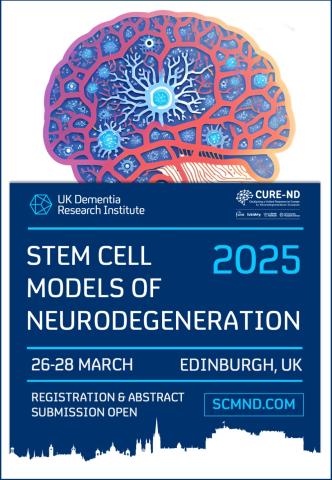
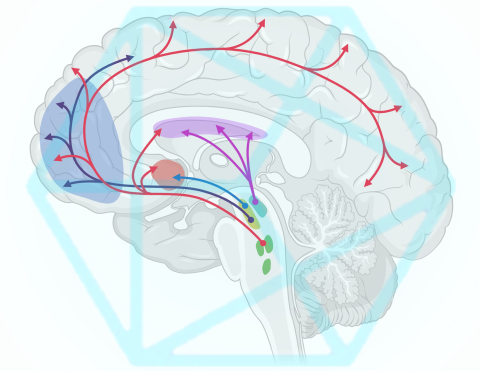
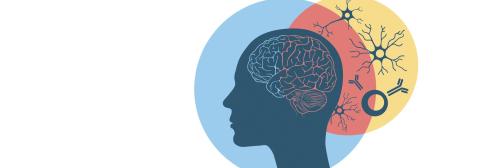
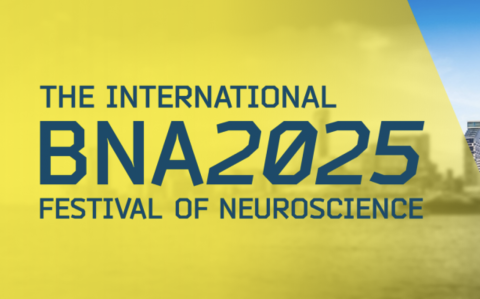
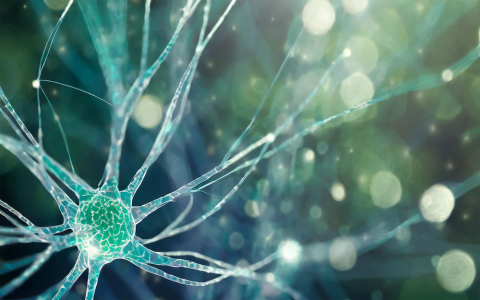
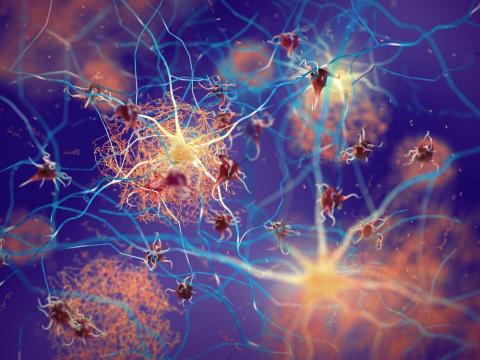
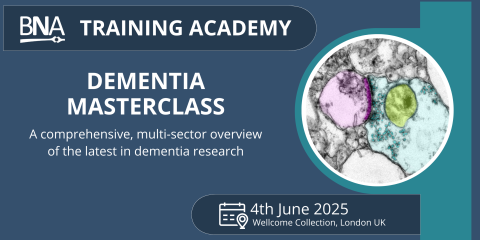
Meetings hosted by UK DRI and partners
At the UK DRI, we believe in the power of collaboration and knowledge sharing. Our diverse range of events, from scientific symposia to public engagement activities, brings together researchers, clinicians, and the wider community to exchange ideas, foster partnerships, and accelerate progress in dementia research. Join us at our upcoming events to be part of the conversation shaping the future of dementia science.












